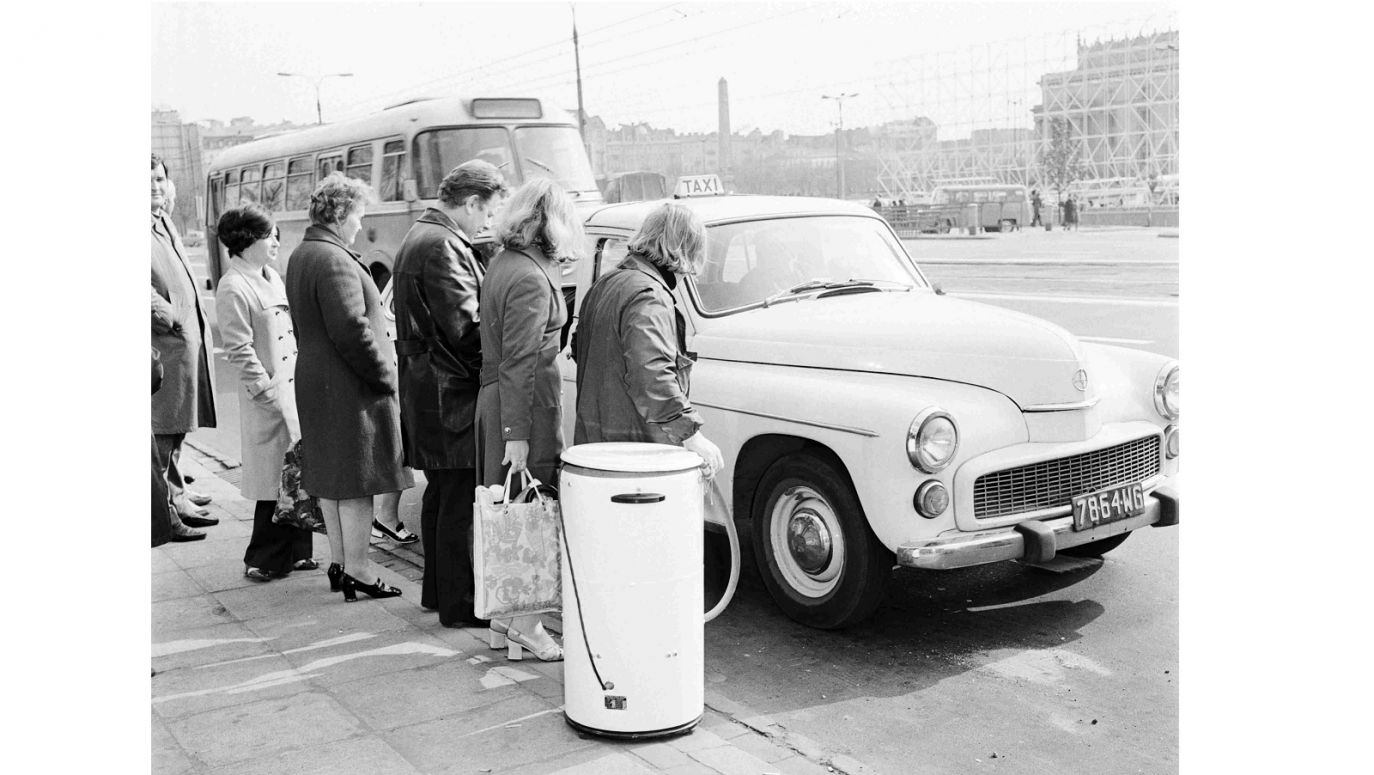
Elon Musk himself claims that "it works and he knows it from his own experience".
see more
Modern equipment is no longer an indicator of luxury. Its role in everyday life has been devalued. And although it is difficult, especially when you have children, to do without a washing machine, it is not a value that you bring to a relationship like family capital. The fact that the washing machine works today does not guarantee that it will work tomorrow. When it breaks down, we most often hear that repairing it is not profitable. Better to buy a new one…
And I know a really lucky guy who still has a working Frania [washing machine produced in the 60s and 70s in Communist Poland - translator’s note]. And it’s probably not an isolated case, because in the past the tanks in washing machines were enamelled. Later they were made of corrosion-resistant steel, the so-called inox (
inoxydable steel). The mountings in such a device were made of cast iron, which can only be dreamed of today with the cheap technology of plastic surrogates. There were cases of the drum being punctured by a small coin left in a pocket.
One would like to ask: where is the institution of product quality control? In the grey, grotesque Polish People's Republic, such a “modern” washing machine would rightly be called crap. Meanwhile, in the world of increased concern for the climate, there is still only discussion about the short life of equipment, but no one has the courage to challenge the corporations responsible for littering the Earth. If they had to pay climate compensation to the budgets of countries that opened their markets to their short-lived products, the assortment would probably become more durable.
 SIGN UP TO OUR PAGE
SIGN UP TO OUR PAGE 
The fact that the rules of trade are determined by simple human greed was clear already over 100 years ago. The famous Phoebus cartel went down in inglorious history (its members included such famous companies as Osram, Philips and General Electric), when between 1925 and 1939 deliberately shortened the life of its products to force consumers to make more frequent purchases. And although the corporation never admitted to unethical activities, it is known that companies that produced longer-lasting lightbulbs were punished by Phoebus with high fines.
Nowadays, it’s no secret that this mechanism still holds strong. It also does not contradict the ecologists' narrative about the so-called climate crisis - a phenomenon for which, of course, the consumer is always responsible.
The widespread replacement of mechanical systems by electronic ones is also responsible for the short lifespan of things. Although today's equipment can do much more than before, it does not bring us closer to the perfect world known from futuristic literature. Not only are our smart accessories not cheap, but they are also far from long-lasting. Even if one of them resists mechanical destruction, after some time we will not be able to run it because the hardware will no longer be supported by latest software.


 SIGN UP TO OUR PAGE
SIGN UP TO OUR PAGE 






